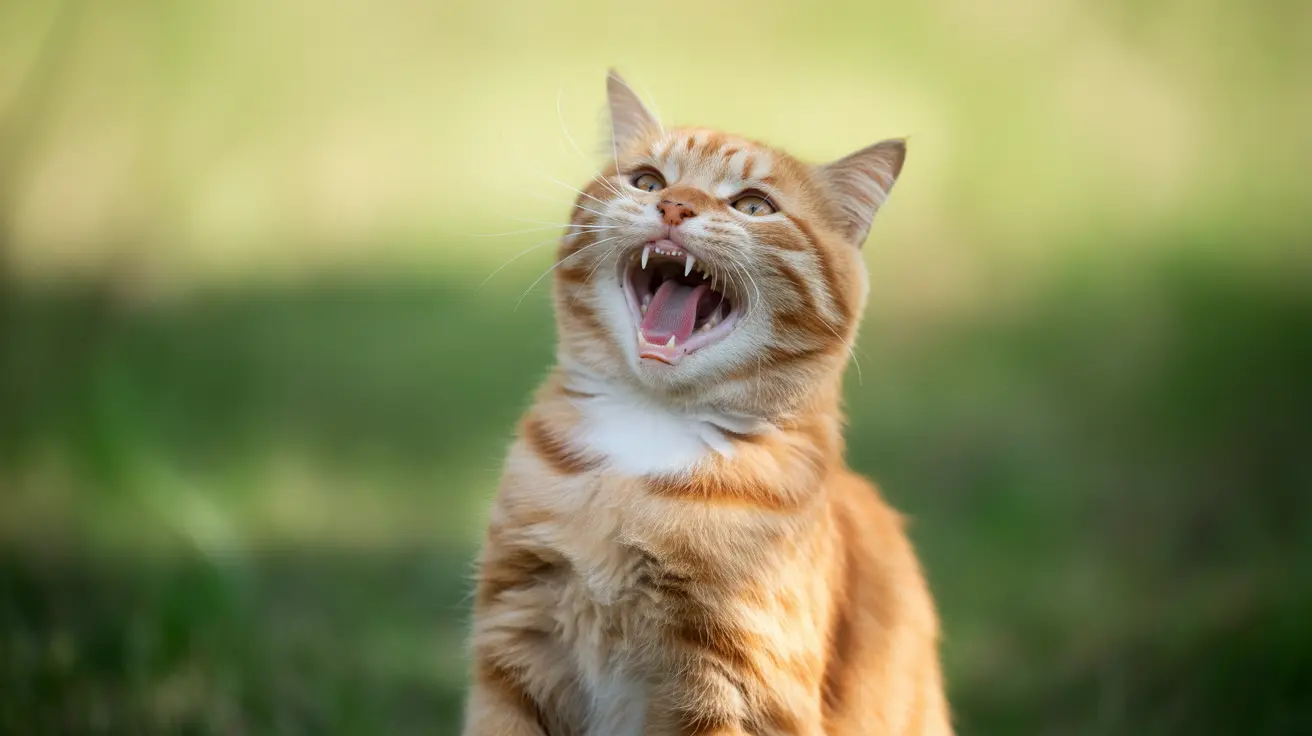Recent reports from the South Carolina Department of Public Health have confirmed multiple rabies cases in the Upstate region, with eleven exposures documented across Greenville and Anderson Counties. The incidents involved both humans and animals, highlighting the ongoing concern about rabies transmission in the area.
According to health officials, eight animals and three people were exposed to rabid animals in these counties. Among the confirmed cases was a kitten discovered near Ver area, underscoring the potential risks of contact with stray animals in the region.
Recent Rabies Exposure Incidents in Upstate SC
The current situation in Greenville and Anderson Counties demonstrates the persistent threat of rabies in South Carolina's communities. Local health authorities are actively monitoring these cases while emphasizing the importance of preventive measures for both pets and residents.
Wildlife Rabies Reservoirs in South Carolina
The primary carriers of rabies in South Carolina include:
- Bats
- Raccoons
- Skunks
- Foxes
- Feral cats
These animals serve as natural reservoirs for the virus, potentially exposing both domestic pets and humans to the disease through direct contact.
Rabies Prevention for Pets
Pet owners in the affected areas should prioritize preventive measures to protect their animals from potential exposure. The cornerstone of rabies prevention is maintaining current vaccinations for all domestic pets, particularly:
- Dogs
- Cats
- Ferrets
Rabies Vaccines for Pets SC
South Carolina law mandates rabies vaccinations for domestic pets. The vaccination schedule begins when pets are 12 to 16 weeks old, with regular boosters required every 1-3 years, depending on the vaccine type used. Only licensed veterinarians can administer these vaccines to ensure proper documentation and effectiveness.
Rabies Control South Carolina Law
The state maintains strict regulations regarding rabies control, including:
- Mandatory vaccination requirements
- Quarantine protocols for exposed animals
- Reporting requirements for suspected cases
- Public health response procedures
Feral Cat Rabies Risk
The presence of feral cats in communities presents a particular challenge in rabies control efforts. These animals can serve as intermediaries between wildlife reservoirs and domestic pets, making them a significant concern for public health officials.
Frequently Asked Questions
How can I protect my pets from rabies in Greenville and Anderson Counties?
Keep your dogs, cats, and ferrets up to date with rabies vaccinations as required by South Carolina law, and avoid contact with wild or stray animals to prevent exposure.
What should I do if my pet or I are exposed to a potentially rabid animal?
Immediately wash any bite or scratch wounds with soap and water and contact your healthcare provider or a veterinarian. Pets exposed to rabies must undergo quarantine according to state regulations.
Which wild animals in South Carolina commonly carry rabies and pose a risk to pets and humans?
Bats, raccoons, skunks, foxes, and feral cats are the most frequent rabies reservoirs in South Carolina and are responsible for the majority of animal rabies cases.
Taking Action Against Rabies
The recent exposures in the Upstate region serve as a crucial reminder of the importance of rabies prevention and control measures. Pet owners should remain vigilant, ensure their pets' vaccinations are current, and avoid contact with wildlife or unfamiliar animals.
For additional information about rabies prevention or to report suspicious animal behavior, residents should contact their local health department or animal control office. Remember, prevention through vaccination and awareness remains the most effective strategy in protecting both pets and people from this serious disease.






